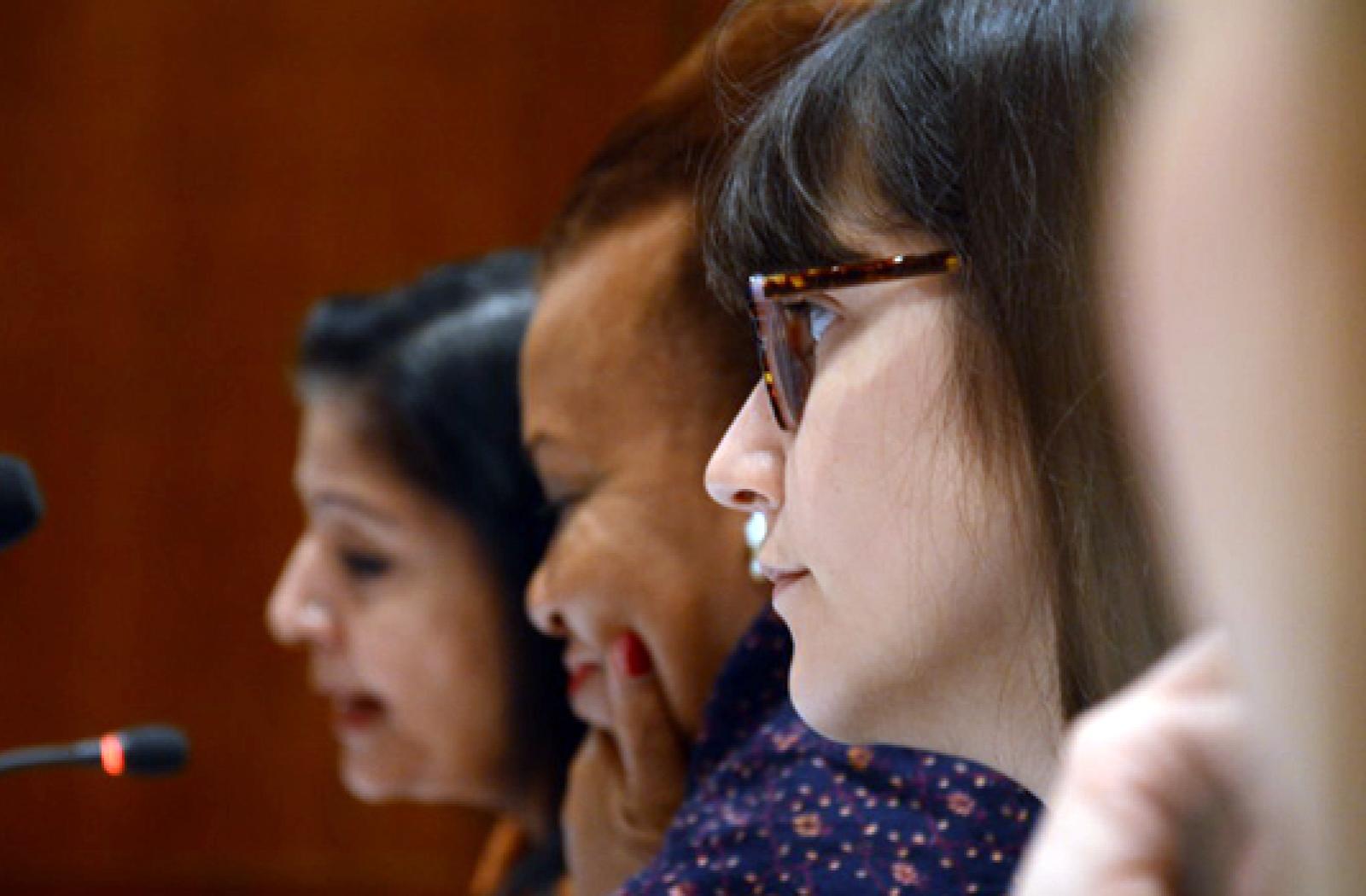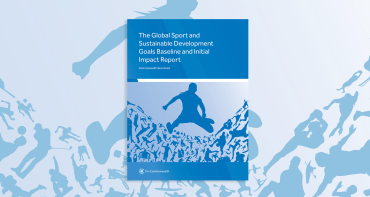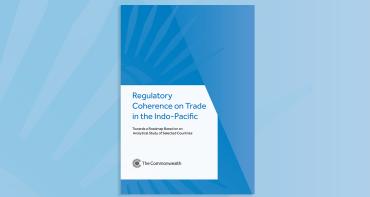The Commonwealth is developing decisive action plans, based on new and globally leading research, to tackle institutionalised exclusion of women in public bodies and private companies.

The Commonwealth is developing decisive action plans, based on new and globally leading research, to tackle institutionalised exclusion of women in public bodies and private companies.
New research by the Commonwealth Secretariat has highlighted the persistent lack of gender diversity in both public and private sector leadership.
The findings will be presented and discussed at a Women in Leadership forum in Nairobi, Kenya on 10-11 June, which is being led by the Commonwealth in collaboration with UN Women and the International Labour Organisation (ILO), and in partnership with the Commonwealth Association for Public Administration and Management and the Commonwealth Businesswomen’s Network.
The study found a 30 per cent rate of female directors in state-owned enterprises in only 12 of the participating countries. It further found that women filled 30 per cent or more of posts as Permanent Secretaries in the public service in only 15 of the participating countries.
Commonwealth Secretary-General Kamalesh Sharma, said that while the research highlighted some encouraging progress, with exceptionally high levels of female public sector senior managers in Canada and the Caribbean, it also revealed some worrying statistics.
He added: “Leadership in the 21st century is not a reserved occupation for men. Talented and ambitious women are still being limited by outdated attitudes and unjust presuppositions that combine to create a glass ceiling.
“The Commonwealth conference in Nairobi will bring together local, regional and international organisations, campaigning groups and government officials to address this issue and consider solutions - including self-regulated and regulated targets and quotas, mentoring schemes and the sharing of best practice.”
The event is part of a Women in Leadership project being led by the Commonwealth, which follows recommendations made at the 10th Women’s Affairs Ministerial Meeting, which took place in Dhaka, Bangladesh. It builds on the successes of previous initiatives to increase female representation in politics.
Anne Abraham, Founder and CEO of LeadWomen, said: “The Commonwealth has successfully achieved significant levels of women in political leadership in some regions. The same emphasis must now be placed on women in senior leadership roles in public and private offices.”
Ms Abraham, who is the keynote speaker at the event, added: "A more collaborative model of corporate governance that embraces corporate responsibility and sustainability is driving the need for new board leadership today, one that is gender diverse and inclusive.
"The 'feminisation' of board leadership competencies will be critical because the 21st century global governance calls for collaborative governance. Leaders must leverage their fiduciary duty beyond the bottom line to create more ethical, transformative and sustainable organisations."
The Commonwealth Secretary-General stressed that women’s leadership is “inextricably linked to economic and social progress in every country.”
He said: “Women have consistently demonstrated that they are great leaders, with skills and approaches to leadership and management that are both innovative and outstanding. We hope that the practical outcomes of this event will enable global businesses and governments to commit to eradicating the scourge of the systemic exclusion of women in decision-making.”



